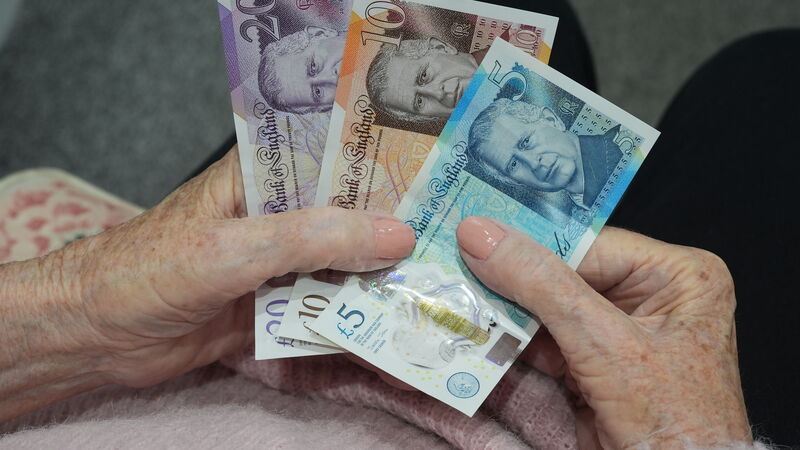Hiqa says Cork HSE centre must improve on residents’ finances

Each house of the centre operated a ‘kitty’ to which residents contributed, despite the provider’s policy indicating that residents’ money was not to be pooled.
A resident of a Cork centre for adults with disabilities was overpaying for a TV subscription, while money contributed by some residents for household expenses was used to pay for a meal out for another, found a recent report by the Health Information and Quality Authority (Hiqa).
The HSE-operated Kilcoran and East Cork centre was marked compliant in seven areas, substantially compliant in one, and not compliant in two following inspection.
In the previous inspection last year, the centre was marked not compliant in seven areas, substantially compliant in four, and not fully compliant in any.
Hiqa inspectors said in the most recent report: “Overall, this inspection noted an increased level of compliance with the regulations following the inspection in February 2024. It was evidenced that actions outlined including assigning regular staff to the designated centre, improved provision of staff training and the establishment of a rights review committee had been completed.
“However, it was noted that improvements were required for the protection of residents relating to their financial affairs.”
Each house of the centre operated a ‘kitty’ to which residents contributed, despite the provider’s policy indicating that residents’ money was not to be pooled.
A governance and management plan submitted by the provider in October 2024 indicated that kitties covered all meals, snacks, and other household items and that each resident contributed €80 per week to their house kitties.
However, in one house, an inspector was informed that one resident there contributed €110 each week to the kitty which included €30 for a TV subscription.
Based on the January 2025 kitty transaction log, the resident paid the €60 total due for their TV subscription separately but ended up contributing €90 based on their weekly kitty contributions.
Another resident in the same house was contributing €220 every two weeks with their rent being paid out of the kitty also.
An inspector noted that a meal out had been paid from this kitty.
In another house, it was found that €98 of the house kitty had been spent to complete residents’ laundry at a self-service launderette. Management said that it had reimbursed monies that had been incorrectly used from the house kitty to complete laundry when there were issues with the washing machine. However, it was unaware of this instance until identified on the day of the inspection.
“A standard operating procedure (SOP) is being developed to provide written guidance for staff on the correct and consistent use of house kitties,” said the provider following the inspection.
“On completion, this SOP will form part of the standing agenda for staff meetings going forward.”








 App?
App?


